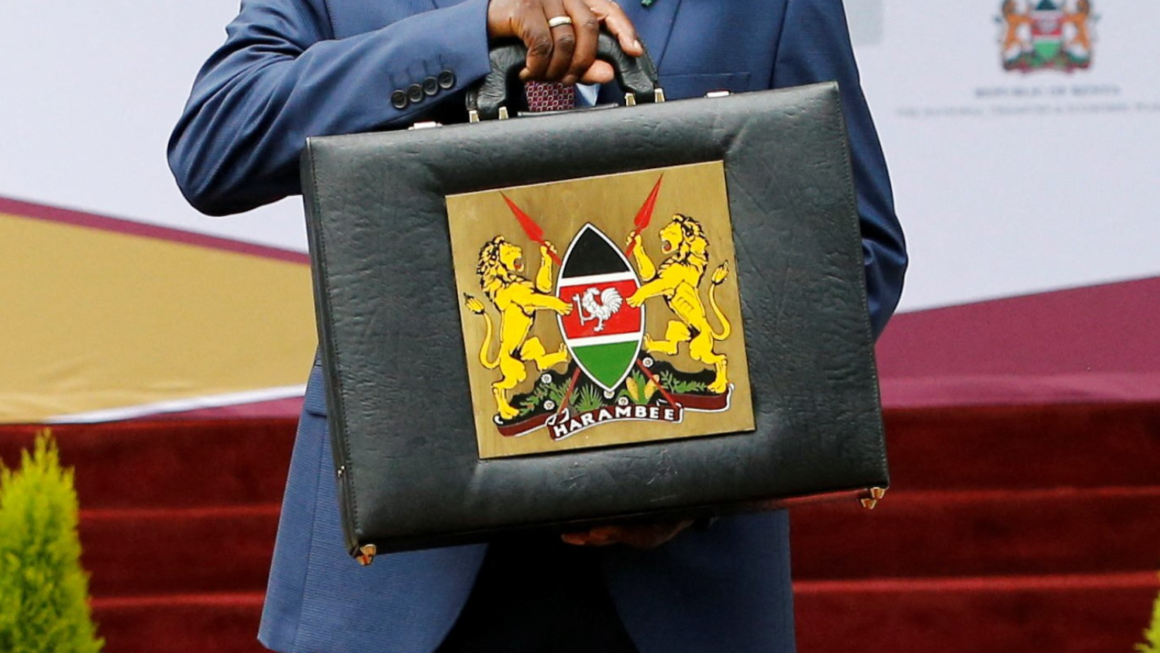The Finance Bill 2024, which revealed the government’s taxation plans for the next financial year, has sparked a huge debate in the country. One thing stands out: many Kenyans, including workers, churches, and business people, oppose it. According to a Poll by Infortrack, Kenyans say that the country is headed in the wrong direction, citing the taxes proposed in the Finance Bill. 63% of Kenyans are not happy with the tax regime and the state of the economy. Over 80% of Kenyans opposed the 16% VAT on basic commodities like bread, VAT on financial transactions, motor vehicle tax, and the disclosure of personal data for taxation purposes. The cost of doing business, high cost of living, and unemployment rates are major concerns for Kenyans in the Finance Bill. The Proposals in the Finance Bill risk putting Kenya at a high risk of job losses and an economic crisis as businesses threaten to exit the Kenyan market. More and More Companies Leaving Kenya Digital ride-hailing platforms such as Bolt and Uber have already threatened to leave the country over the Significant Economic Presence Tax (SEP) set at six percent. According to the platforms, if Parliament approves the SEP’s proposals, they will face unsustainable operational costs. Uber App SEP is meant to tax the income from multinational companies with a substantial economic presence in Kenya. The tax will be imposed on non-resident persons earning income from services rendered in Kenya through digital marketplaces. Uber and Bolt’s representatives argued that increased taxation would eat out their small earnings and affect even the drivers’ income. This would eventually lead to a total collapse of operations and job losses, which is not good for a country already struggling with high unemployment rates. Uber and Bolt are not the only companies that have threatened to leave the country. Many multinational companies, some of which have been in the country for over 60 years, are packing up and leaving. GlaxoSmithKline is one of the companies that had earlier announced that it would be exiting the Kenyan market due to the high cost of doing business. Bayer, a biotechnology company with over 200 employees in the country, also announced its departure. Procter and Gamble, a multinational manufacturer of home products, also made the heartbreaking announcement of leaving the country. An illustration of taxes going high According to the Kenya Association of Manufacturers, Kenya is still facing more job losses as taxation continues to hurt businesses in the country. But what is Kenya gaining from the high taxes that are worth driving away investors and causing massive job losses? Well, they argue that it’s the only way to save the economy, which is already on its deathbed.
Is the Newly Introduced Motor Vehicle Tax a Blessing or a Curse?
The proposed 2024 Finance Bill has introduced several new taxes, the key among them being the motor vehicle tax. Unlike other Finance Bills that have been tabled on the floor of the house, this one seeks to introduce a 2.5% annual tax on the value of cars possessed by Kenyans. If you own a car, you will be expected to part with at least ksh.5000 and not more than ksh.100000 on an annual basis based on the value of your car. The newly introduced motor vehicle tax will be paid on your car once you get a new insurance cover. With all this proposal in place, questions linger on whether the new motor vehicle tax is a blessing or a curse to Kenyans and the government in general. To get a clear perspective, read the article below, and you will be good to go. The proposed motor vehicle tax is a curse due to the following reasons: 1. It is Expensive for Motorists If the above-mentioned proposal is not amended before the gazettement of the Finance Bill 2024, Kenyan motorists will have to dig deeper into their pocket, considering they have to part with more bucks on top of their usual insurance covers that they take annually. Depending on the value of your car, this cost is bound to rise, thereby hurting your budget in the long run. If you are always on a budget when it comes to motor vehicle expenses, you have to look for alternative ways of earning an income to cater for the newly introduced motor vehicle tax. Matatus in a bus stop 2. Suppress the Uptake of Comprehensive Insurance Covers When it comes to insurance coverage, most Kenyans prefer comprehensive covers for their motor vehicles, which come with many perks. According to AKI CEO Tom Gichuhi, if the new motor vehicle tax proposal passes, the insurance industry will suffer as the uptake of comprehensive insurance is bound to reduce drastically. This is a big blow to the industry considering the fact that the insurance sector has witnessed significant growth from 2.2% in 2020 to 2.3% in 2022. From the agents to reinsurance brokers, several intermediaries will be hurt by this proposal. 3. Increased Pressure on the Public Transport Sector Since the motor vehicle tax will be expensive for most motorists, a good number of them will opt to use public transport to commute from one place to another. According to Patricia Mutheu, CEO of Matatu Owners Association (MOA), the public transport system in Kenya is on the verge of collapsing, thanks to corruption and dilapidated infrastructure. If car owners shift to public service vehicles, the sector might be adversely affected, suppose the current issues facing it are not solved in the first place. Summary Although the new motor vehicle tax proposal might enable the government to collect Ksh. 58 billion to finance the proposed budget of 3.9 trillion, which is bound to cause more pain to Kenyans. From making Kenyan motorists pay higher premiums alongside their usual insurance covers to mounting pressure on the already straining public transport sector, the new proposal is likely to cause many problems. If the proposal passes, brace yourself to grapple with the above-mentioned issues.



